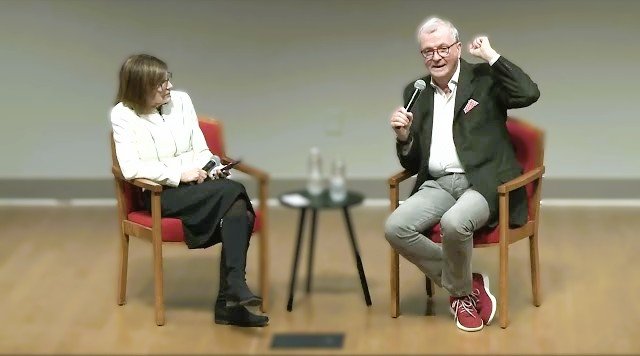New Jersey Governor Phil Murphy recently made headlines with a controversial statement during an on-air interview. He openly admitted to harboring an undocumented individual at his home, in a room above his garage, and dared federal authorities to “come and get her.” This revelation has sparked widespread discussion, particularly about the legality of his actions.

The governor’s remarks raised questions about the responsibility of elected officials to uphold the law. While Murphy initially framed the situation as an attempt to provide shelter, critics argue that it constitutes a clear violation of immigration law. The admission of harboring someone who is in the country illegally has prompted significant public scrutiny, particularly given the governor’s bold challenge to federal agencies such as ICE to intervene.
Despite the governor’s on-air statement, his spokesperson later issued a statement to the New York Post, claiming that Murphy had been misinterpreted. The spokesperson denied that any migrant was currently living at the governor’s residence, although the original statement clearly mentioned an individual in his home.
This situation has become a flashpoint for debates over immigration, law enforcement, and the role of public officials in addressing illegal immigration. While some view the governor’s actions as an expression of compassion, others see it as a blatant disregard for the law.
In response to the controversy, some have drawn parallels to other high-profile cases, where wealthy individuals or public figures are accused of exploiting migrants for household labor, often under questionable conditions. These instances have fueled broader concerns about the treatment of migrants and the disparity between public statements about protecting vulnerable communities and the realities of their living situations.
This debate raises important questions: Should public figures be allowed to act above the law in the name of compassion? What message does it send when an elected official challenges the very institutions tasked with enforcing immigration policies? And how should we define the line between kindness and exploitation in cases involving undocumented individuals?
As the situation unfolds, it’s clear that Governor Murphy’s comments have ignited a conversation that touches on issues of legality, ethics, and the treatment of migrants in the U.S.
